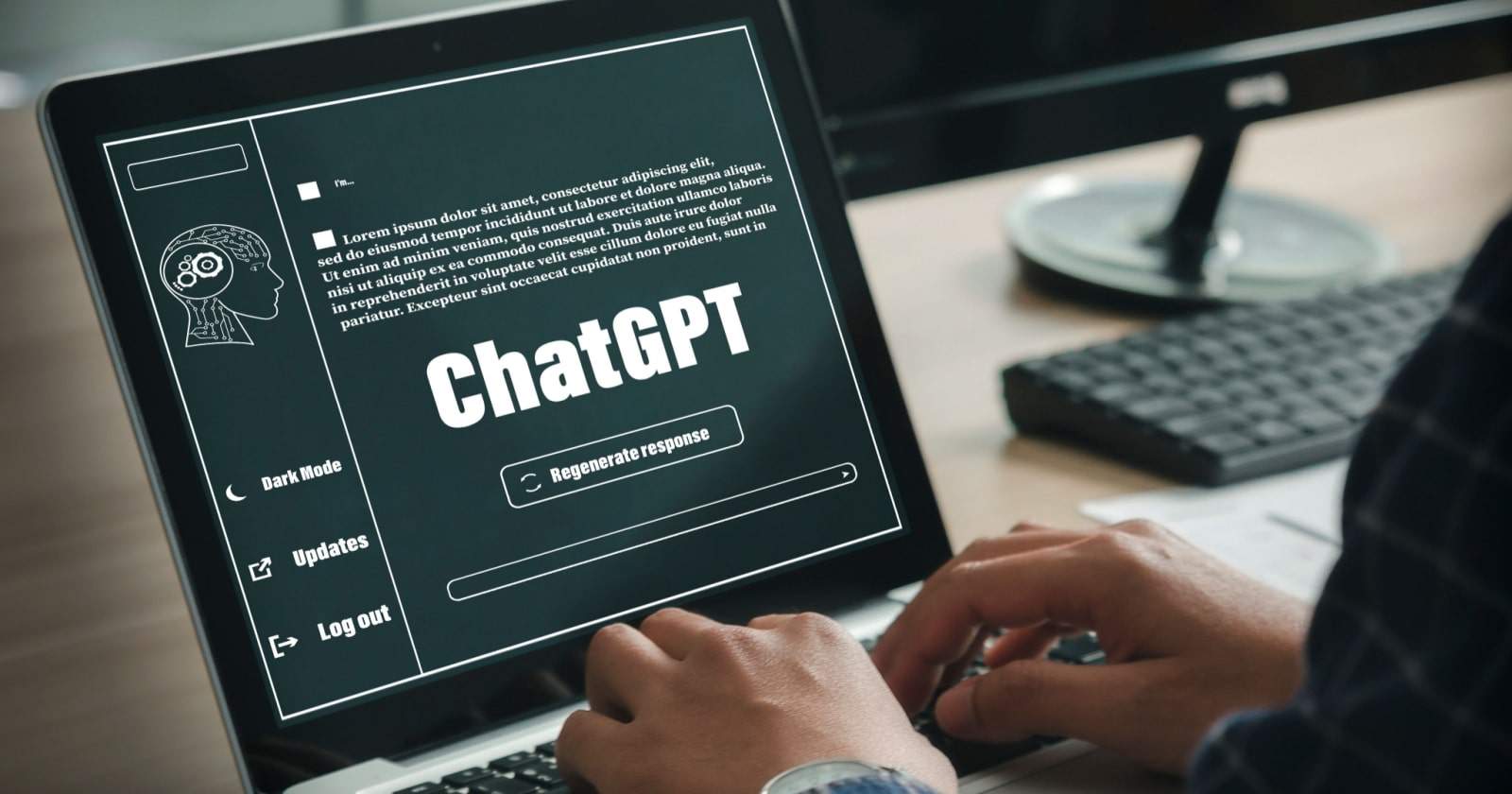New York, United States — ChatGPT-maker OpenAI has enlisted the legendary designer behind the iPhone to create an irresistible gadget for using generative artificial intelligence (AI).
The ability to engage digital assistants as easily as speaking with friends is being built into eyewear, speakers, computers and smartphones, but some argue that the Age of AI calls for a transformational new gizmo.
“The products that we’re using to deliver and connect us to unimaginable technology are decades old,” former Apple chief design officer Jony Ive said when his alliance with OpenAI was announced.
“It’s just common sense to at least think, surely there’s something beyond these legacy products.”
Sharing no details, OpenAI chief executive Sam Altman said that a prototype Ive shared with him “is the coolest piece of technology that the world will have ever seen.”
According to several US media outlets, the device won’t have a screen, nor will it be worn like a watch or broach.
Kyle Li, a professor at The New School, said that since AI is not yet integrated into people’s lives, there is room for a new product tailored to its use.
The type of device won’t be as important as whether the AI innovators like OpenAI make “pro-human” choices when building the software that will power them, said Rob Howard of consulting firm Innovating with AI.
Learning from flops –
The industry is well aware of the spectacular failure of the AI Pin, a square gadget worn like a badge packed with AI features but gone from the market less than a year after its debut in 2024 due to a dearth of buyers.
The AI Pin marketed by startup Humane to incredible buzz was priced at $699.
Now, Meta and OpenAI are making “big bets” on AI-infused hardware, according to CCS Insight analyst Ben Wood.
OpenAI made a multi-billion-dollar deal to bring Ive’s startup into the fold.
Google announced early this year it is working on mixed-reality glasses with AI smarts, while Amazon continues to ramp up Alexa digital assistant capabilities in its Echo speakers and displays.
Apple is being cautious embracing generative AI, slowly integrating it into iPhones even as rivals race ahead with the technology. Plans to soup up its Siri chatbot with generative AI have been indefinitely delayed.
The quest for creating an AI interface that people love “is something Apple should have jumped on a long time ago,” said Futurum research director Olivier Blanchard.
Time to talk –
Blanchard envisions some kind of hub that lets users tap into AI, most likely by speaking to it and without being connected to the internet.
“You can’t push it all out in the cloud,” Blanchard said, citing concerns about reliability, security, cost, and harm to the environment due to energy demand.
“There is not enough energy in the world to do this, so we need to find local solutions,” he added.
Howard expects a fierce battle over what will be the must-have personal device for AI, since the number of things someone is willing to wear is limited and “people can feel overwhelmed.”
A new piece of hardware devoted to AI isn’t the obvious solution, but OpenAI has the funding and the talent to deliver, according to Julien Codorniou, a partner at venture capital firm 20VC and a former Facebook executive.
OpenAI recently hired former Facebook executive and Instacart chief Fidji Simo as head of applications, and her job will be to help answer the hardware question.
Voice is expected by many to be a primary way people command AI.
Google chief Sundar Pichai has long expressed a vision of “ambient computing” in which technology blends invisibly into the world, waiting to be called upon.
“There’s no longer any reason to type or touch if you can speak instead,” Blanchard said.
“Generative AI wants to be increasingly human” so spoken dialogues with the technology “make sense,” he added.
However, smartphones are too embedded in people’s lives to be snubbed any time soon, said Wood.







